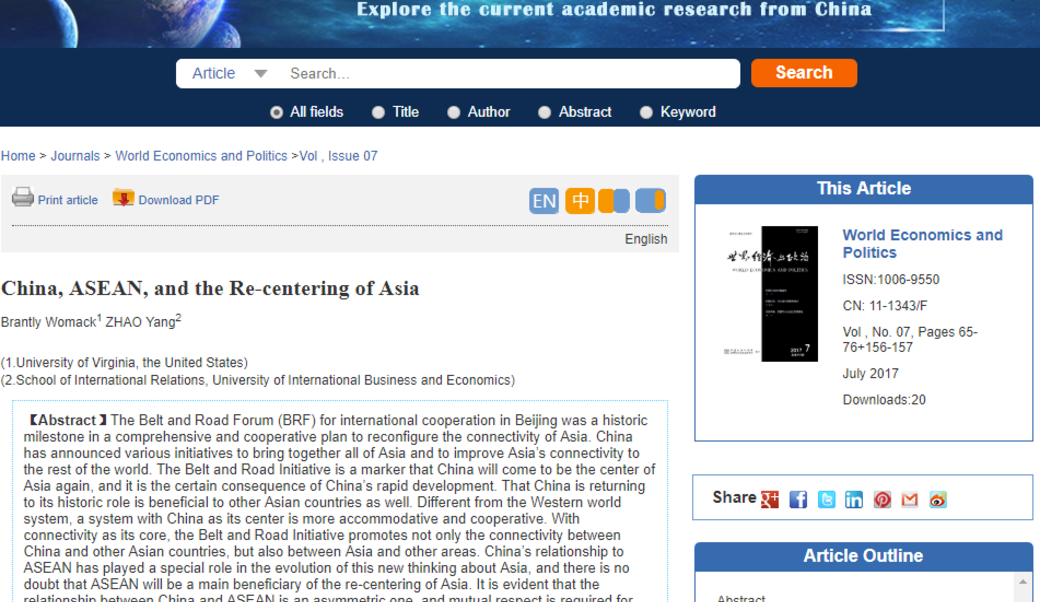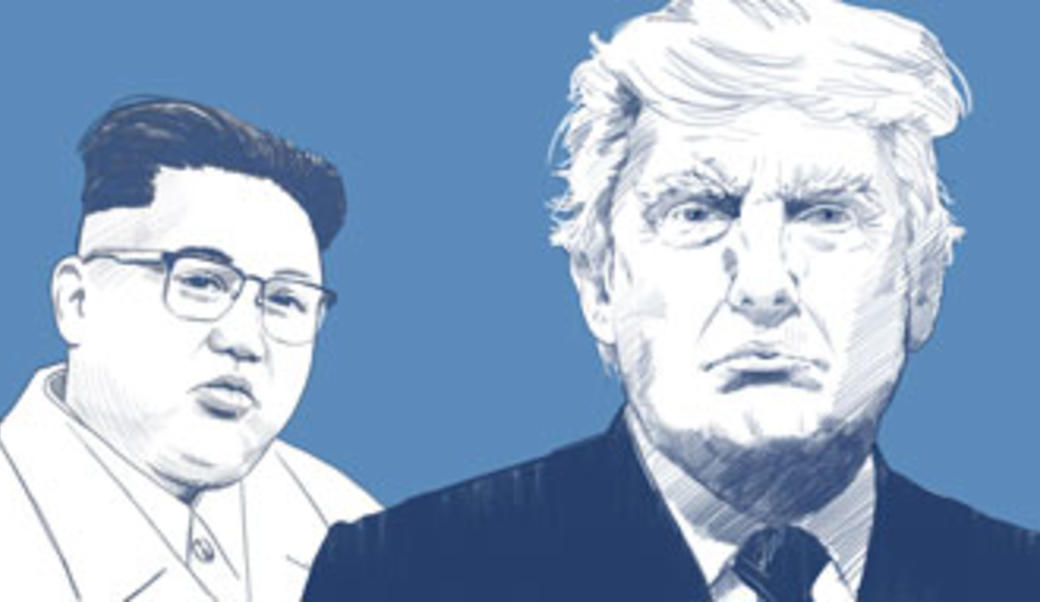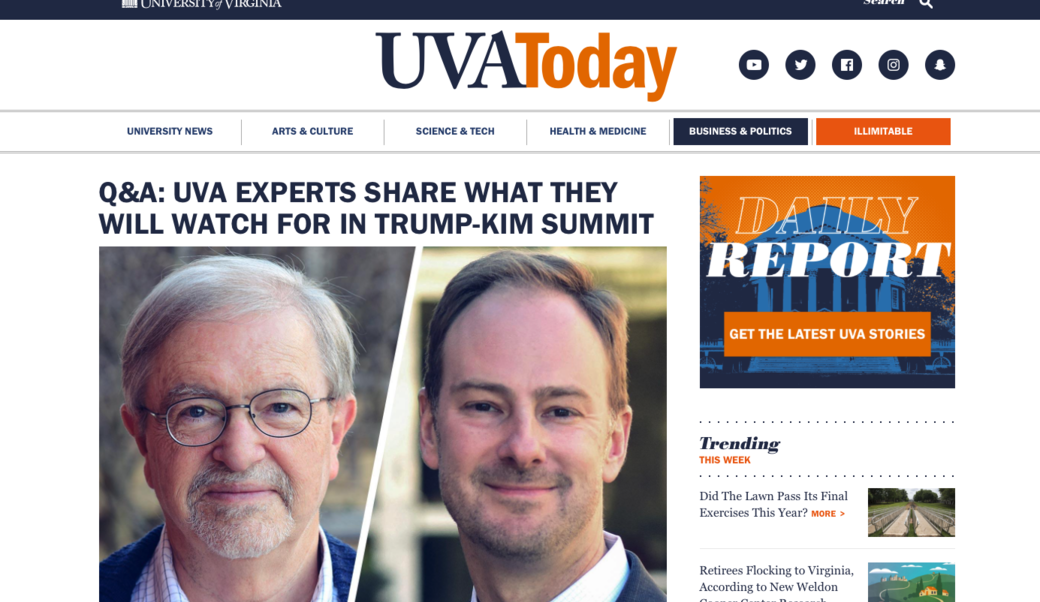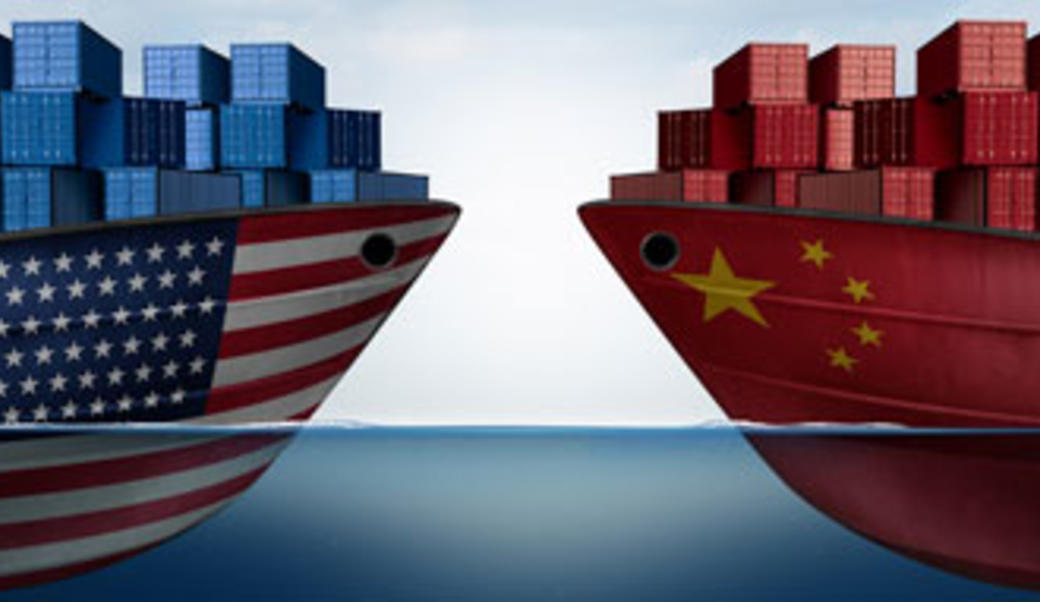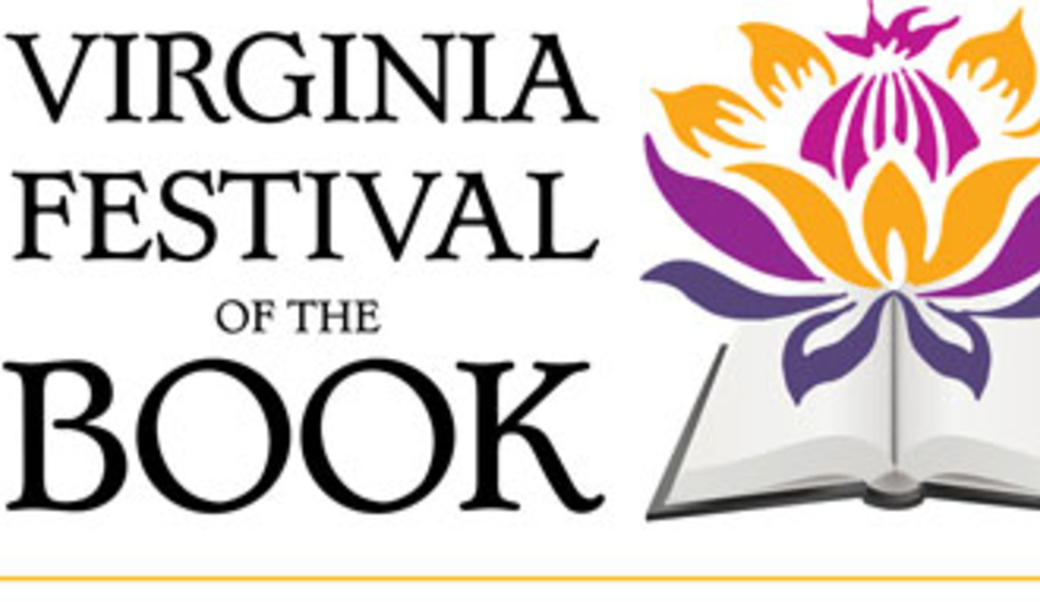Fast Facts
- Retired C.K. Yen Chair at the Miller Center
- Expert on China
- Received China Friendship Award for his work with Chinese universities
Areas Of Expertise
- Foreign Affairs
- Asia
- Economic Issues
- Trade
Brantly Womack is a faculty senior fellow at the Miller Center and professor emeritus of foreign affairs at the University of Virginia. He received his BA degree in politics and philosophy from the University of Dallas, and after a Fulbright in philosophy at the University of Munich, earned his PhD in political science from the University of Chicago.
Womack is the author of Recentering Pacific Asia (Cambridge University Press 2023), Asymmetry and International Relationships (Cambridge University Press 2016), China Among Unequals: Asymmetric International Relationships in Asia (World Scientific Press 2010), and China and Vietnam: The Politics of Asymmetry (Cambridge University Press 2006), as well as more than 100 articles and book chapters.
His co-edited book, Rethinking the Triangle: Washington-Beijing-Taipei (World Scientific Press 2016), was the product of a series of five international conferences that began at the Miller Center. He edited China’s Rise in Historical Perspective (Rowman and Littlefield 2010), the product of a lecture series at the Miller Center, and Contemporary Chinese Politics in Historical Perspective (Cambridge 1991). In 2011, Womack received the China Friendship Award for his work with Chinese universities. He holds honorary positions at Jilin University, East China Normal University, and Zhongshan (Sun Yat-Sen) University.

